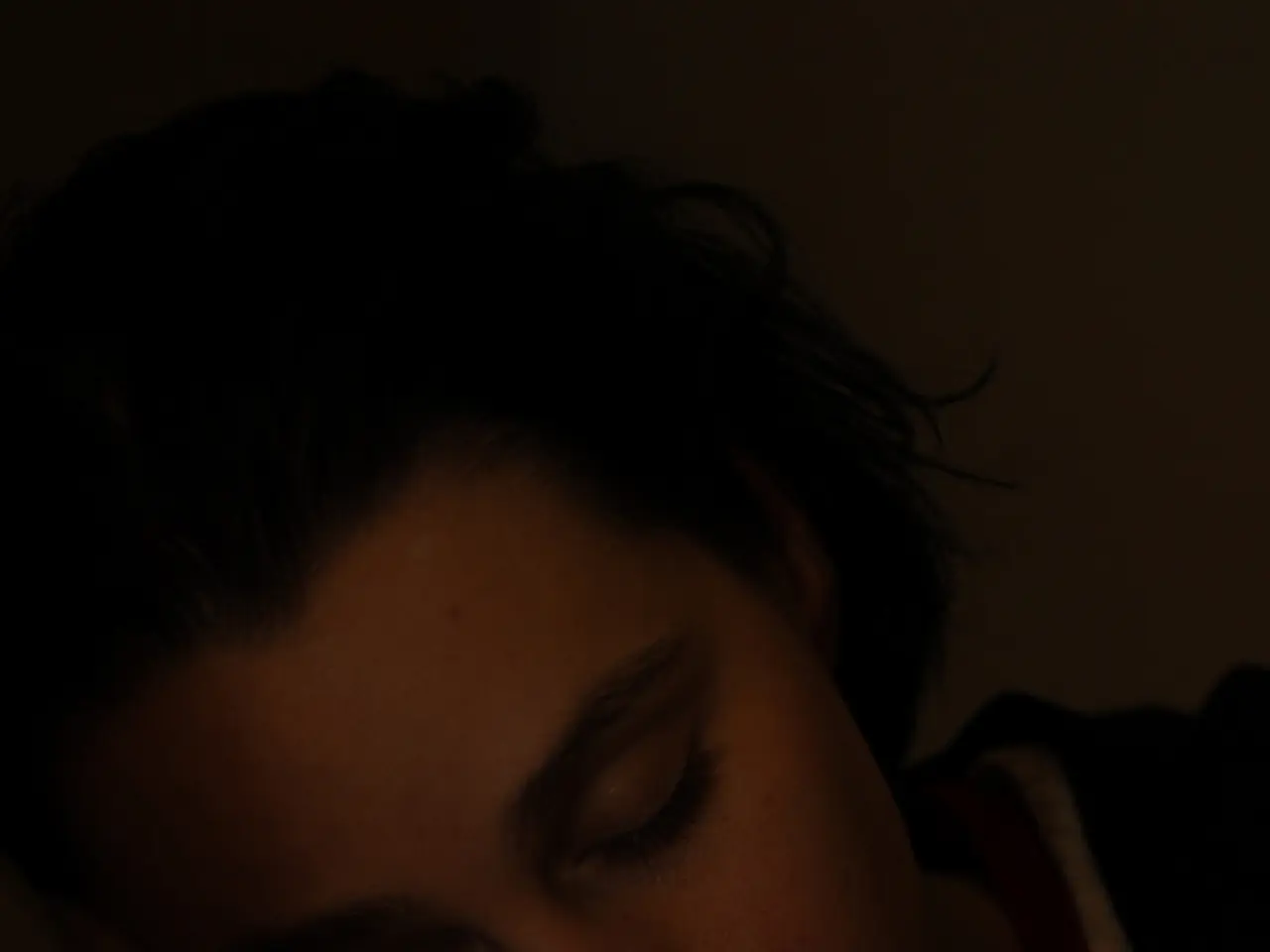Why do people talk in their sleep—and when is it a problem?
Sleep talking, or somniloquy, is a common occurrence where individuals speak aloud during sleep, unaware of their actions. Both adults and children can experience this phenomenon, with up to half of young children doing so at least once.
Sleep talking can manifest in various ways, from clear sentences and random phrases to murmurs, laughing, shouting, or whispering. It can happen during any sleep stage but is most prevalent during lighter stages. Most sleep talkers do not recall their nocturnal conversations upon waking.
Sleep talking is generally harmless and not indicative of a serious health issue. However, frequent sleep talking accompanied by other sleep problems might suggest a sleep disorder. Factors contributing to sleep talking include stress, lack of proper rem sleep, vivid or emotional dreams, and genetics. Simple lifestyle changes can help reduce sleep talking, such as ensuring adequate rest, maintaining a regular sleep schedule, reducing stress, and avoiding caffeine, alcohol, and heavy meals before bedtime.
Approximately 5-10% of adults experience sleep talking at some point in their lives, with about 1-2% experiencing it regularly. While it is usually harmless, frequent sleep talking accompanied by other sleep problems might warrant further investigation into potential sleep disorders.








